
Choosing the Right Dog Breed to Suit Your Lifestyle
Posted by Grange Co-op on 7th Feb 2023
Getting a dog is a fun and exciting experience. It’s also a commitment to care for an animal throughout its lifetime. Choosing the right dog breed will make bringing a dog into your family even more of a joy. The most popular dog breeds don’t change that much from year to year. That’s because the top breeds have innate qualities that make them ideal as family dogs. Understanding a breed’s personality traits and needs will help you find your perfect match.
The Most Popular Dog Breeds for Families
There is something special about a child’s bond with the family dog. But not all dogs have the right temperament to be around children. If you have kids or grandkids in the house, you need a dog that has a loving and protective temperament toward the youngest members of your family. The American Kennel Club (AKC) lists the following as the top 10 family dogs:
1. Labrador Retriever
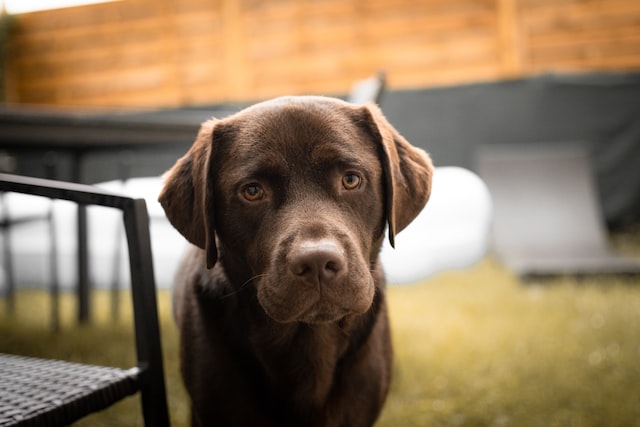
2. Bulldog
3. Golden Retriever
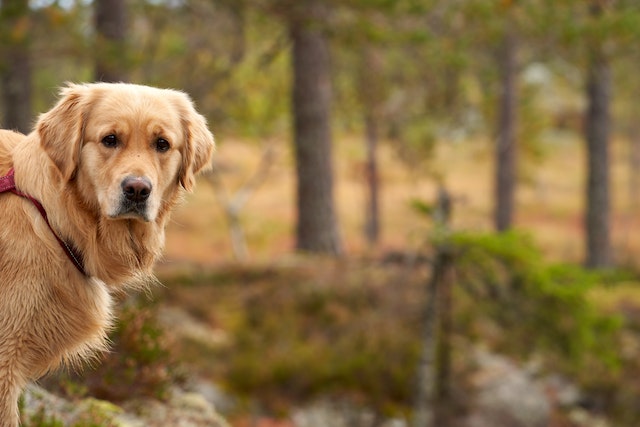
4. Beagle
5. Pug
6. Irish Setter
7. Brussels Griffon
8. Newfoundland
9. French Bulldog
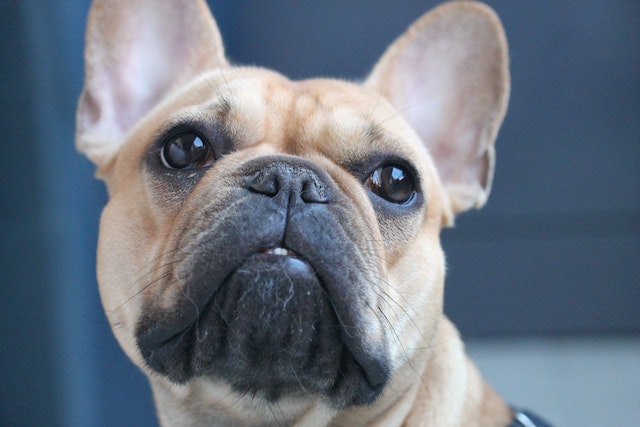
10. Collie
It’s also important to teach kids how to care for and behave around dogs. Pulling their tails or climbing on their backs can cause serious injuries to your pet. It can also cause an otherwise calm dog to act aggressively. Always supervise your child’s behavior when playing with a dog — especially when the dog is a new addition to the family.
The Best Breeds for Your Lifestyle
If you have your heart set on a certain breed of dog, do your research first. Choosing a dog is more than falling for an adorable face. If you have a general idea of what is important to you, look for a dog that matches all your prerequisites. If you have little or no knowledge of dog breeds, you have even more reasons to do your research. Start by answering the following questions to narrow down your selection:
What size dog do you want?
Consider your living space and how much room you have for a new dog. Larger breeds like mastiffs, Saint Bernards, or Great Danes take more space, and they often have special needs. For instance, big dogs are prone to more health problems, including heart conditions, so they require more trips to the vet. Larger dog breeds also have shorter lifespans than smaller ones.
Some small breeds are also prone to health issues, along with the potential for behavior problems. There’s no denying that if you want a lap dog, a small dog is definitely the better choice. Although you have plenty of space at home for a large breed, you might want to take your dog with you. If that’s the case, Yorkies are the ultimate “purse dogs” that can go almost anywhere you do.
How much time will your new pet be at home alone?
A lot of time goes into caring for and training a new puppy. Most younger dogs require regular walks, and some don’t handle being left alone well. Will your dog have access to a closed-in backyard, or will someone be there to help it get the exercise and potty breaks it needs? If you are gone a lot, you might be better off adopting a senior dog that is content with spending time alone.
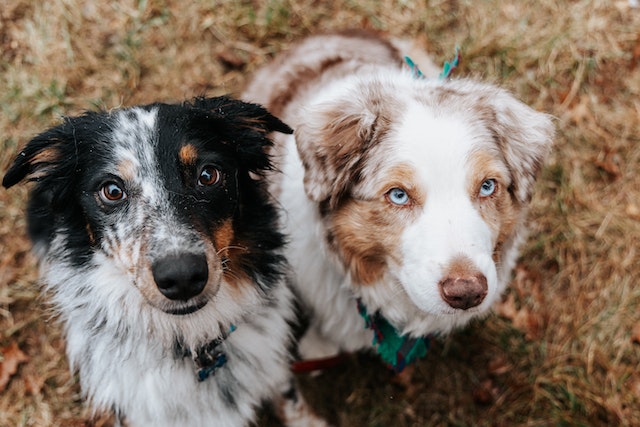
What is your activity level?
High-energy dogs require lots of time outdoors and long walks. Working and herding breeds like Border Collies, Jack Russell terriers, and Australian Shepherds require a lot of exercise. They also need training and a job to do. Otherwise, they can develop behavioral issues.
If you’re looking for a running partner, check out these breeds. If you’re more of a couch potato, basset hounds and bulldogs top the list of low-energy dogs.
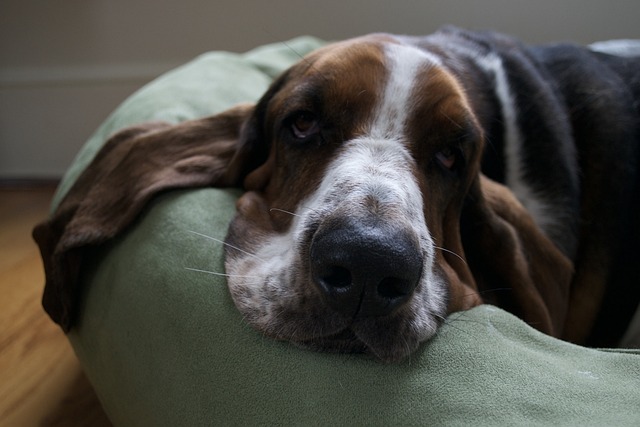
How much can you pay for your pet’s upkeep?
Some breeds are more expensive than others to purchase, but the cost of keeping them is different too. Some dogs are prone to certain health conditions that require more trips to the vet. For example, a Yorkshire terrier, or Yorkie for short, costs an average of $600. Their tendency toward multiple health conditions results in potential health-care costs of $9,800. This is in addition to the cost of food, grooming, and other basic necessities.
Some dogs require extensive and frequent grooming, which comes with a high price tag. Top contenders include Poodles, Bichon Frise, and Afghan hounds. Consider which breeds you can groom at home compared to those that require professional grooming services.
Are you a neat freak?
Some people are fanatics about keeping their homes fur-free, while others accept it as part of keeping their fur babies close. Dogs with double coats shed more than those with single-layer coats, sometimes leaving mounds of fur on everything and everyone they touch.
If you’re okay with daily vacuuming, then a Great Pyrenees, Labrador Retriever, or Golden Retriever might be a good choice. The least shedding dogs include the American hairless terrier, Bichon Frise, and Brussels Griffon. You should also check to see how much grooming these breeds require. Some dogs need frequent grooming, while others get by with an occasional bath and de-shedding.
Once you have an idea of what you’re looking for in a dog, the AKC offers a wealth of information about all the registered dog breeds. Now is the time to narrow down your search and find the personality traits that you want for your new dog.
What You Need for a New Dog
It’s time to put our welcome mat and welcome your new addition into your home. It’s easier to get everything you need before your dog’s arrival. Whether you decide on a new puppy or adopt a senior from the rescue and opt for one of the most popular dog breeds or a mixed breed surrender, all dogs have basic needs, including:
- High-quality dog food appropriate for the dog’s breed and age
- Food and water bowls
- Toys for play and for retrieving
- A bed where your pet can relax and feel secure
- Treats and/or a clicker for training
- A brush for at-home grooming
- Collar and leash
- Crate for training
Shop Grange Co-op for All Your New Dog’s Needs
We have a wide range of dog care products for dogs of all sizes, ages, and breeds. Drop by your local Grange Co-op store or contact us with questions about any of our products. We’re here to help your new dog get off on the right paw.
